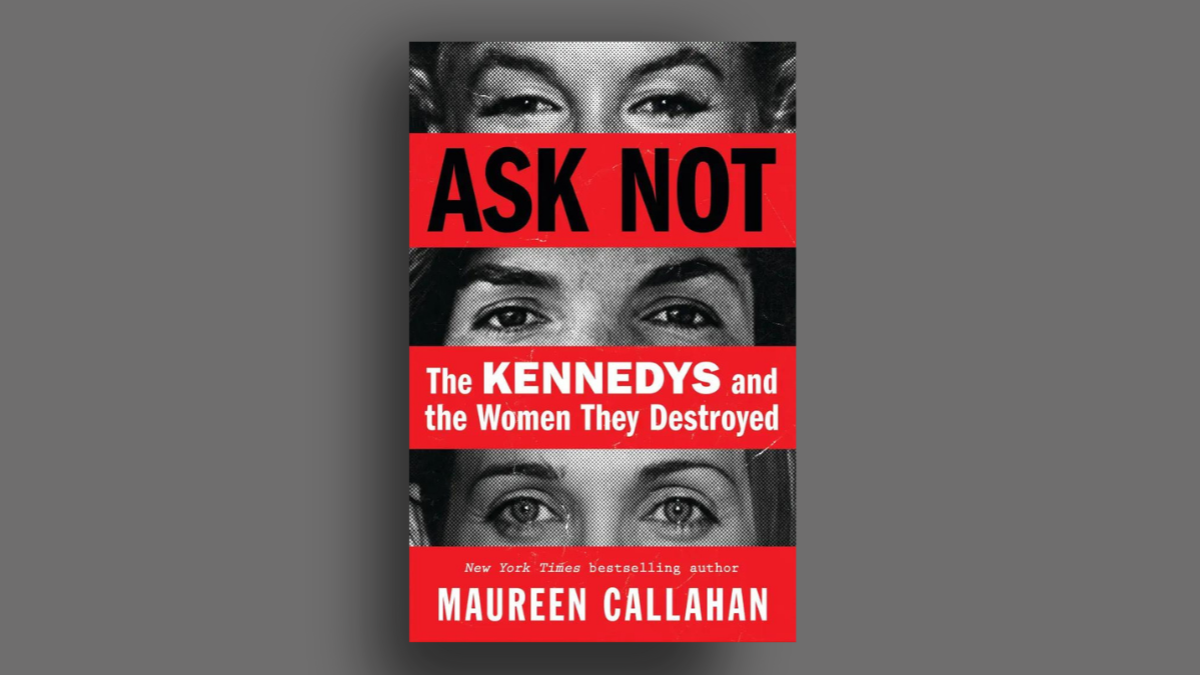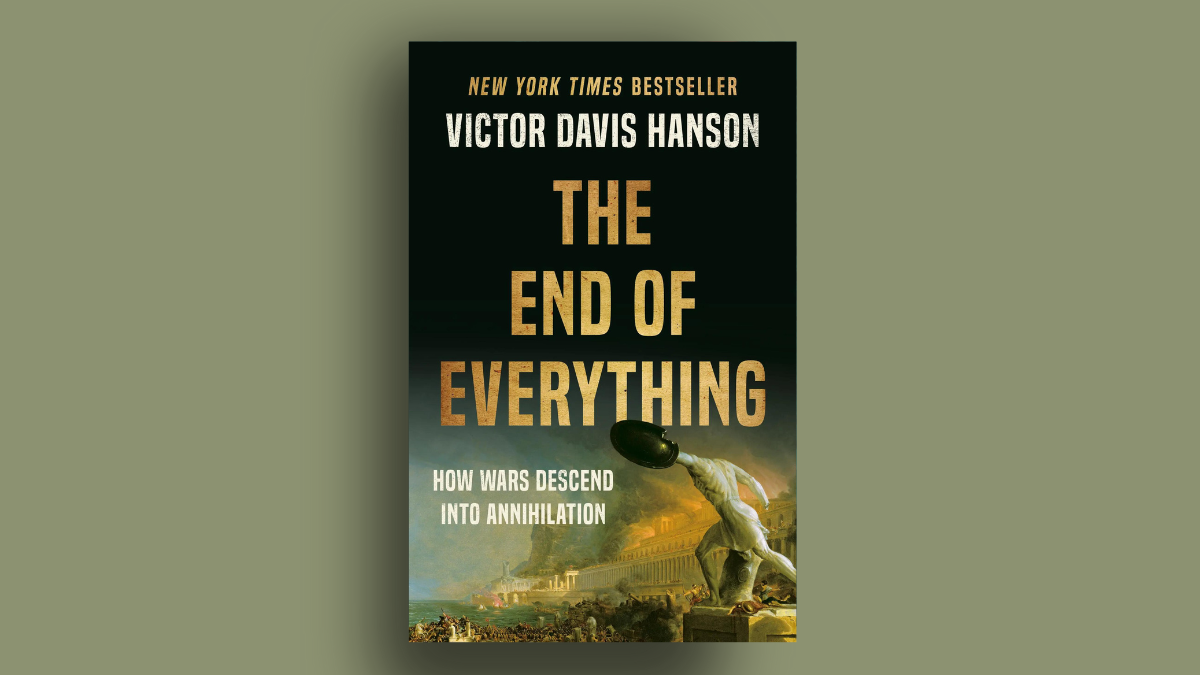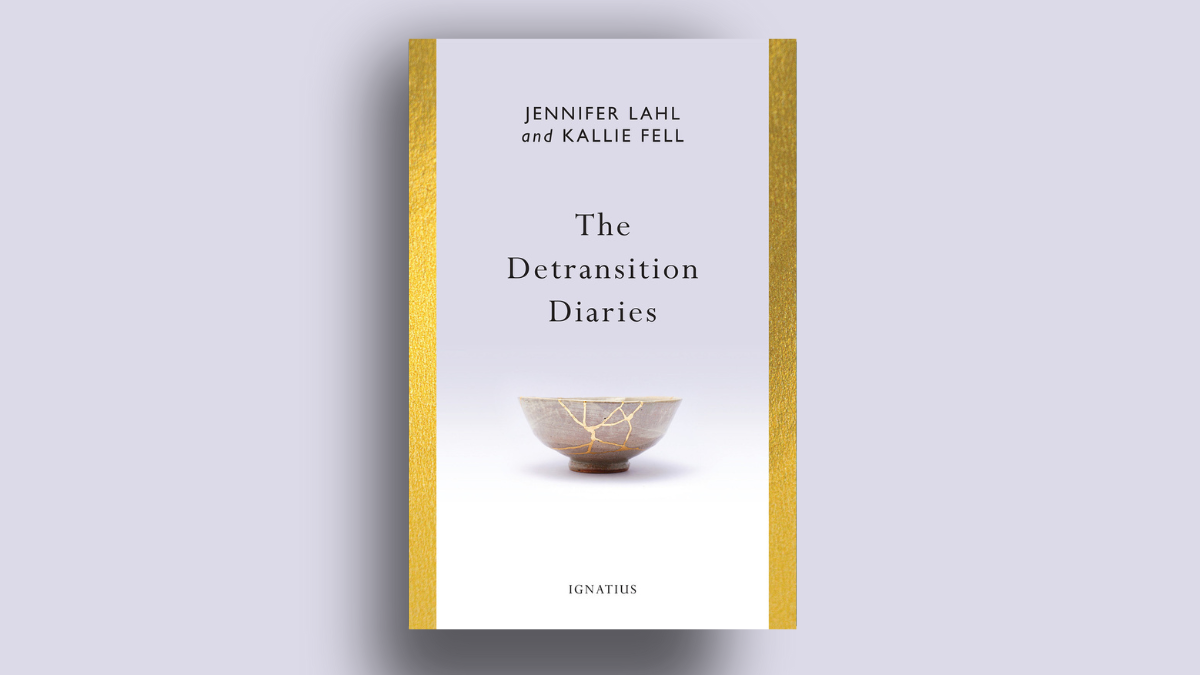
According to the European Commission’s official compendium of migration statistics, as of January 1, 2016, more than 35 million residents of the two-dozen-plus countries constituting the European Union were born outside of the EU. These foreign-born residents composed more than 8 percent of the populations of Germany, Britain, Spain, France, and the Netherlands, and nearly 12 percent of the populations of Northern European countries like Sweden, Latvia, and Estonia.
As Douglas Murray demonstrates in his startling, well-argued polemic, The Strange Death of Europe: Immigration, Identity, Islam, those numbers continue to swell. The explosion of humanitarian crises in the Levant and Central Asia, along with the already disproportionate migration to the continent from Islamic countries, threatens to disfigure European states and the Western values to which they’re ostensibly devoted.
A Suicidal Continent
Murray begins on a bold enough note: “Europe is committing suicide. Or at least its leaders have decided to commit suicide. Whether the European people choose to go along with this is, naturally, another matter.” Well, then. To clear the underbrush for this trenchant thesis, Murray takes a hatchet to the flawed justifications Europeans have posited for indulging immigration, such as goosing the economic engine, enhancing cultural diversity, and revitalizing an aging population.
In fact, he argues, “the economic benefits of immigration accrue almost solely to the migrant,” the problems presented by incomplete integration dwarf the benefits of diversity, and, far from importing young people, European governments should first “work out whether there are policies that could encourage more procreation among their existing populations.”
To be sure, Murray acknowledges that Europe has throughout its history presented “a grand and uncommon receptiveness to foreign ideas and influence.” But that “receptivity was prodigious; it was not, however, boundless.”
Uncontent merely to observe from a distance, Murray surveys refugees up close and personal in way-stations like the Italian islet of Lampedusa and the Greek isle of Lesbos, where he encounters harried, bewildered souls, most of whom are working-age men, eager to risk life and limb at sea for the opportunity, however unlikely, to upgrade the depressing economic station they experienced in their native countries, be they Syria, Afghanistan, Eritrea, or North Africa. Amidst bureaucratic haggling, many of these migrants are simply stalled on these gateway islands, whose resources their swelling numbers quickly overwhelm.
Murray paints a highly sympathetic portrait of the despondent, hopeful itinerants he interviews, who include Afghans tortured by the Taliban and frightfully impoverished teenagers from the Horn of Africa. But sympathy is not a policy, and Murray insists upon an unsentimental, objective analysis of immigration policy despite the “tyranny of guilt” that so often infects otherwise clear-eyed European officials.
Crisis of Confidence
It’s not just the massive population influx that’s threatening Europe’s integrity but also a continent-wide crisis of confidence. Indeed, Murray believes, “even the mass movement of millions of people into Europe would not sound such a final note for the continent were it not for the fact that…Europe lost faith in its beliefs, traditions, and legitimacy.” As elements of Sharia crept into the legal framework of various European countries, a trend implicitly recognized even by the archbishop of Canterbury, “it suddenly seemed as though some of the absolute bases of Western civilization were being offered up for negotiation.”
The physical toll of European Islamization has also become all too evident in recent years. It goes without saying that the overwhelming majority of continental Muslims are peaceful, but it only takes a small number of radical Islamists—some homegrown, some immigrants—to inflict unspeakable carnage on civilians in Paris, Nice, Barcelona, Cologne, Manchester, and Brussels.
How, then, can European society overcome what the Germans call geschichtsmude, or that peculiar mix of exhaustion, fatigue, and ennui afflicting Western civilization? Can a continent that has survived centuries of religious and nationalist war, including two calamities in the first half of the twentieth century, Nazism, Communism, and everything in between, truly be incapable of mounting a defense to the latest challenge?
One prominent response has, of course, been the rise of immigrant-resistant nationalist parties across Western and Central Europe. Yet these factions, rife as many are with hostility to traditional Western liberal values like free trade, individual liberties, and human rights, seek merely to replace one illness with another. In any event, their tide receded across multiple elections this past summer.
Another possible solution, as Murray recounts, lies in the solemn recognition by European governments that they must fundamentally rework the equation. German Chancellor Angela Merkel earlier this year appeared to acknowledge that her unbridled optimism over the intake and integration of hundreds of thousands of migrants was too much. Last year, she notably proclaimed that her famous catchphrase for addressing immigration challenges—“We can do it!”—was “a simple slogan, almost an empty formula.”
But only if leaders like Merkel manage to devise an authentic, Aristotelian balance between justice and mercy, in Murray’s formulation, can the crisis be truly resolved. Measures ranging from temporary asylum to mass deportation offer promise but suffer from their own attendant problems. Thus, ultimately, Murray reluctantly concludes that there are “no decent answers to the future.”
A Slippery World
The Strange Death of Europe is somewhat poorly organized, and much of it, perhaps by necessity, retreads well-worn ground.
Murray’s book shares many of the characteristics of other books of its Euro-decline genre, such as Bruce Bawer’s 2006 controversial masterpiece While Europe Slept, Mark Steyn’s demographic polemic of the same year America Alone, or Jamie Kirchick’s excellent The End of Europe from earlier this year: it’s dark and foreboding, not especially optimistic, and long on meticulous description but short on plausible prescription.
But these books must nevertheless be read and understood as widely as possible if Western civilization is to maintain its relevance, let alone its purchase in an increasingly slippery world.









